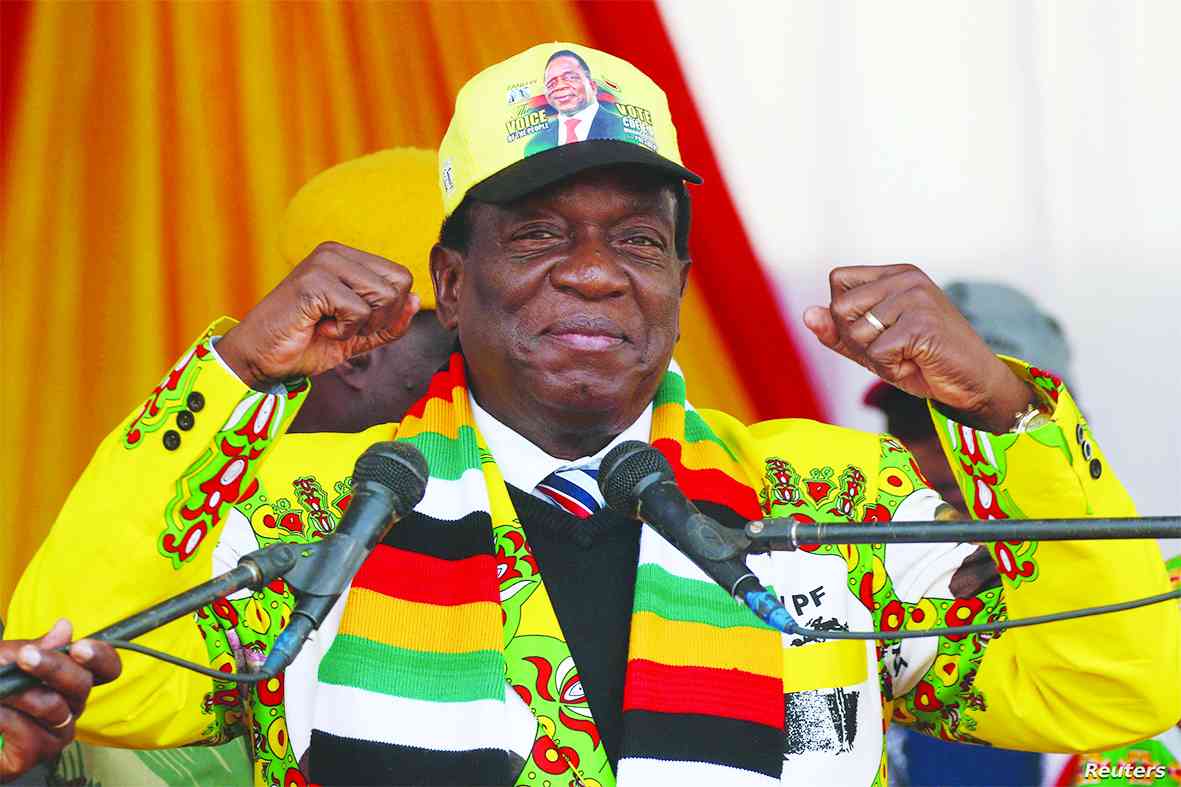
EIGHT out of 10 Zimbabweans are opposed to a plot to extend President Emmerson Mnangagwa term of office beyond 2028, according to the latest Afrobarometer survey.
Mnangagwa’s loyalists in the ruling Zanu PF party have announced plans to have the Constitution changed so that the President can remain in office until 2030 and even beyond.
There has, however, been resistance to the 2030 agenda, forcing Mnangagwa to publicly announce that he will retire when his term of office expires in 2028.
However, the President’s loyalists have been forging ahead with the 2030 agenda.
In its latest report, Afrobarometer said the majority of Zimbabweans were against the 2030 agenda.
“About eight in 10 Zimbabweans (79%) support the present constitutional arrangement that limits the president to serving two terms in office,” the report reads in part.
“Men are more likely than women to support presidential term limits (81% vs 76%), as are urban residents compared to their rural counterparts (85% vs 74%).
“Support for term limits increases with respondents’ level of education, rising from 69% among those with primary schooling or less to 87% among those with tertiary education.”
- Corruption Watch: Get scared, 2023 is coming
- Corruption Watch: Get scared, 2023 is coming
- Letters: Ensuring Africa’s food security through availability of quality seeds
- Is military's involvement in politics compatible with democracy?
Keep Reading
The Afrobarometer team led by the Mass Public Opinion Institute said it interviewed 1 200 adult citizens between June 1 and 15 this year.
The survey highlighted individuals with some post-secondary education are more likely to reject the 2030 agenda.
“Urbanites are more likely than rural residents to support multiparty competition (71% vs 65%), as are the most educated citizens (80%) compared to those with secondary schooling or less (60%-66%),” the survey said.
According to the survey, about two-thirds (68%) of citizens favour having many political parties to ensure voters select their leaders.
Afrobarometer said Mashonaland West is one province where the majority of the citizens are against the 2030 agenda.
“Geographically, Mashonaland West is the region with the highest share of respondents who support multiparty competition (85%), compared to only 59% of Harare residents.”









